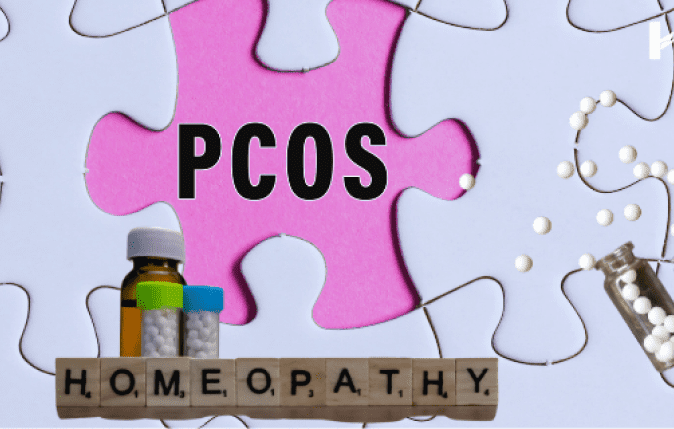Fertility health is a topic that affects many individuals, yet discussions often remain veiled in ambiguity. Understanding the complexities of reproductive health can empower individuals in making informed decisions. Amidst the array of factors impacting fertility, Anti-Mullerian Hormone (AMH) emerges as a pivotal marker, offering insight into fertility potential.
What is AMH?
AMH, a hormone produced by ovarian follicles, plays a crucial role in ovarian function. Its primary function is to inhibit the development of additional follicles in the ovaries, influencing the number of eggs available for ovulation. As women age, the ovarian reserve—the number and quality of eggs—declines, affecting fertility. AMH levels tend to correlate with ovarian reserve, making it a valuable biomarker for assessing fertility health.
Assessing Fertility Potential
The measurement of AMH levels serves as a tool for estimating ovarian reserve. A blood test conducted at any point in the menstrual cycle can determine the concentration of AMH. Typically, higher levels of AMH indicate a larger ovarian reserve, suggesting potentially better fertility prospects, while lower levels may suggest diminished ovarian reserve.
Role in Fertility Treatment
AMH levels also prove instrumental in fertility treatments, such as in vitro fertilization (IVF). Understanding a patient’s ovarian reserve through AMH levels aids in tailoring treatment plans. Individuals with lower AMH levels might require different approaches or stimulation protocols during IVF compared to those with higher levels, aiming to optimize chances of success.
Age vs. AMH: Deciphering Fertility Potential
While age remains a crucial factor in fertility, AMH offers a more personalized assessment. Women of the same age may exhibit different AMH levels, implying varying ovarian reserves and fertility potentials. This disparity underscores the significance of AMH in evaluating fertility beyond chronological age.
Factors Affecting AMH Levels
Several factors can influence AMH levels, emphasizing the importance of interpreting results contextually:
- Age: AMH levels typically decrease with age as ovarian reserve diminishes.
- Health Conditions: Certain medical conditions, like polycystic ovary syndrome (PCOS) or endometriosis, can affect AMH levels.
- Lifestyle Factors: Smoking, extreme exercise, and stress might impact AMH levels.
- Genetics: Individual genetic factors can influence ovarian reserve and, consequently, AMH levels.
AMH: A Source of Empowerment
The measurement of AMH doesn’t solely revolve around diagnosing fertility issues; it’s a means to empower individuals. Early assessment of AMH levels can prompt conversations about family planning, allowing individuals to make informed decisions regarding fertility preservation or seeking reproductive assistance if necessary.
AMH and Men’s Fertility
AMH isn’t exclusive to assessing female fertility. While it’s primarily associated with ovarian function, men also produce AMH. In men, AMH plays a role in testicular development, and its measurement might provide insights into testicular function and sperm production.
The Limitations of AMH
While AMH serves as a valuable tool in assessing fertility health, it’s not without limitations. Its predictive accuracy for pregnancy success is still debated, as fertility involves multifaceted factors beyond just ovarian reserve. Additionally, individual variations and the lack of standardized reference ranges can complicate result interpretation.
Looking Ahead: Evolving Perspectives
As research advances, the understanding of AMH in fertility assessment continues to evolve. Refinements in technology and comprehensive studies contribute to a more nuanced comprehension of its role in reproductive health.
Conclusion
AMH stands as a remarkable marker in evaluating fertility health, offering insights into ovarian reserve and aiding in personalized fertility treatment approaches. Its integration into fertility assessments prompts proactive discussions about family planning and reproductive options, empowering individuals in their fertility journey.
Understanding the significance of AMH in assessing fertility health opens doors to informed decisions, fostering a proactive approach towards reproductive well-being. As we delve deeper into the intricate mechanisms of fertility, AMH remains a key that unlocks possibilities for many navigating the path to parenthood.

















